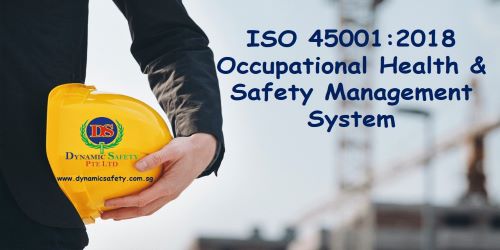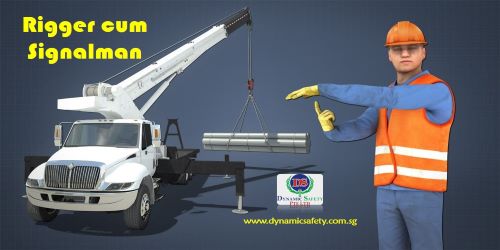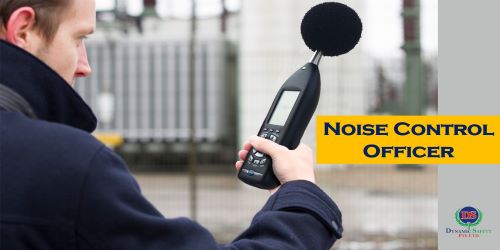



Blog

What are the Documents needed to get ISO 45001:2018?
13-Oct-2021 19:47 PMHere are the documents you need to produce if you want ISO 45001:2018 Scope of the OH&S management system (OH&SMS) Occupational Health & Safety (OH&S) policy Responsibilities and authorities within OH&SMS OH&S process for addressing risks and opportunities Methodology and criteria for the assessment of OH&S risks OH&S objectives and plans for achi
Read More
Responsibilities of Rigger cum signalman
13-Oct-2021 19:46 PMRigger cum signalman Responsibilities: Check slings Check load Check lifting gears Ensure load lifted is safe and balanced Ensure loose loads are secured Report defective lifting gear to Lifting Supervisor Use paddings on the load edges Check load is properly rigged Give correct crane hand signals Dynamic Safety provides Rigger cum Signalman with Expertise in their field, Immedia
Read More
Environmental Control Officer
13-Oct-2021 19:45 PMEnvironmental Control Officer (ECO) is basically to look out for conditions/situations in construction sites that cause environmental health problems. He should report these conditions/situations to the contractor together with recommendations on remedial measures to be taken to prevent a recurrence. All qualified Environmental Control Officer (ECO)&
Read More
Facility Managers
13-Oct-2021 19:44 PMFacilities managers are accountable for services such as cleaning, security, and parking, to make sure the surrounding environment is in a suitable condition to work. They also manage any building maintenance with things like heating and air conditioning, to maintain the working environment. Facilities managers are expected to work around 40 hours a week typically from 9 am until 5 pm. However, i
Read More
Who is Noise Control Officer?
13-Oct-2021 19:33 PMWho is Noise Control Officer? Noise Control Officer (NCO) means an employee of a local, county or regional health agency which is certified to the County Environmental Health Act to perform noise enforcement activities or an employee of a municipality with a Department-approved model noise control ordinance. The Noise Control Officer or Noise Control Investigator shall have the op
Read More
Lifting supervisor Responsibilities
13-Oct-2021 19:33 PMLifting supervisors appointed for tower or mobile cranes at the worksites must complete the Lifting Supervisors Safety Course conducted by an accredited training provider. They must also have relevant experience in lifting operations for at least one year. Responsibilities: coordinating and supervising all lifting activities in accordance with the Lifting Plan. briefing all lifting team membe
Read More
